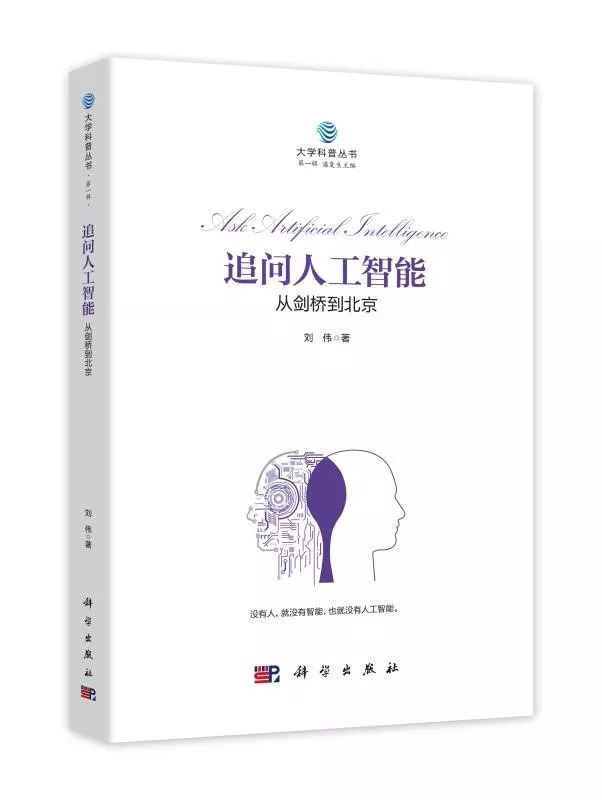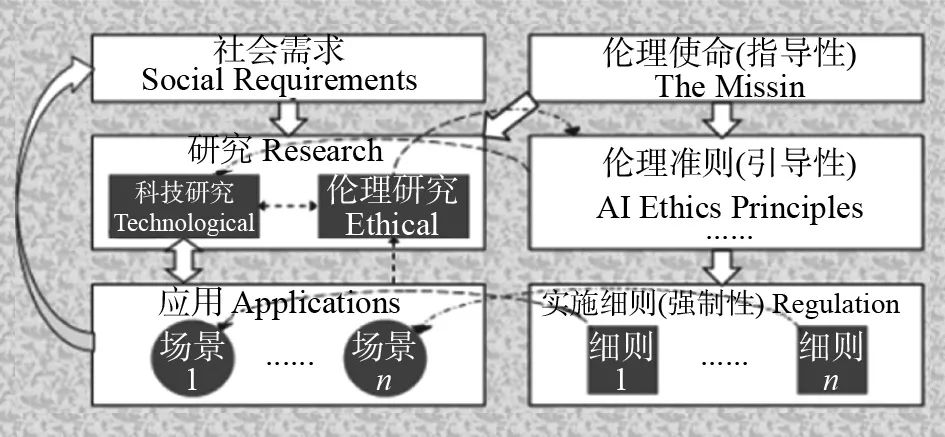The Rise Of Artificial Intelligence And The Ethical Dilemma
The Rise Of Artificial Intelligence And The Ethical Dilemma
In the past few decades, artificial intelligence technology has risen rapidly, gradually evolving from the initial simple algorithm to a complex system with independent learning and decision-making capabilities. This change is profoundly affecting our lifestyle, working environment and even social structure.
In the past few decades, artificial intelligence technology has risen rapidly, gradually evolving from the initial simple algorithm to a complex system with independent learning and decision-making capabilities. This change is profoundly affecting our lifestyle, working environment and even social structure. As AI technology continues to break through the boundaries, we have ushered in unprecedented opportunities, but at the same time we are also facing many ethical problems, which urgently need to be reviewed and responded to by all sectors of society.
The rapid development of artificial intelligence

The origins of artificial intelligence can be traced back to the 1950s, but the real leap took place in the early 21st century. In recent years, technologies such as deep learning, natural language processing and computer vision have become increasingly mature, bringing many innovative applications such as speech recognition, image recognition, autonomous driving, and precision medicine. For example, the "Zhiyue" system developed by Apple has made significant breakthroughs in voice interaction; autonomous vehicles are gradually becoming commercialized and are expected to achieve true driverless driving in the future; medical robots "recoverers" assist doctors in diagnosis of diseases, improving the efficiency and accuracy of diagnosis.
These milestone achievements have greatly promoted industrial upgrading and scientific and technological innovation, and have also brought convenience to our lives. However, with the increasing intelligence and independence of AI, it has also brought about many ethical and social problems.
The main contents of ethical challenges
Personal Privacy and Data Security
AI training relies on massive amounts of data, especially personal privacy information. How to effectively protect personal privacy while promoting technological development and avoid data abuse has become a key issue. For example, although facial recognition systems in a certain city have improved public safety, they have also caused widespread privacy concerns.
The issue of prejudice and fairness
The learning of AI models is based on training data, and the biases hidden in the data will be copied or even amplified, resulting in unfair decision-making. For example, some recruitment systems may discriminate against certain job seekers due to gender or age bias in historical data, undermining the principle of fairness.
Division of responsibilities for independent decision-making
With the improvement of AI's independent decision-making capabilities, the ownership of responsibility has become complicated. When an autonomous vehicle has a traffic accident, who is responsible? Manufacturer, developer or driver? This "responsibility problem" tests the boundaries between law and ethics.
Employment and social impact
The widespread use of AI may replace a large number of traditional jobs, causing unemployment and social instability. How to protect the rights and interests of workers while promoting innovation has become an urgent problem.
Weaponization and security risks
In the military field, the weaponization of AI is worrying. The development of autonomous drones and smart weapons may be abused or out of control, bringing unprecedented security risks.
Path to deal with ethical problems
Faced with these challenges, academics, policy makers and business communities are actively seeking solutions. First, improve relevant laws and regulations, clarify data protection responsibilities, usage restrictions and responsibilities, and provide legal guarantees for the healthy development of AI. Secondly, advocate the "fair, transparent, and explainable" AI design principle to reduce bias and enhance the credibility and controllability of the system. At the same time, strengthen ethical education, enhance the ethical responsibility of developers and users, and ensure that the application of AI technology is in line with human value.
Public participation is also indispensable. Through extensive discussions and multi-party cooperation, build social consensus and ensure that technological development benefits everyone, not the privileged minority.

Looking to the future
As a cutting-edge technology with huge potential, the future of artificial intelligence will have a profound impact on human society. We should uphold scientific rationality and ethical responsibilities, promote the healthy development of AI, play its greatest positive role, and properly respond to the challenges that follow. Only in this way can artificial intelligence become a powerful tool to promote the progress of human civilization, rather than a source of risks.
If more specific details or adjustments are needed, feel free to let me know!





